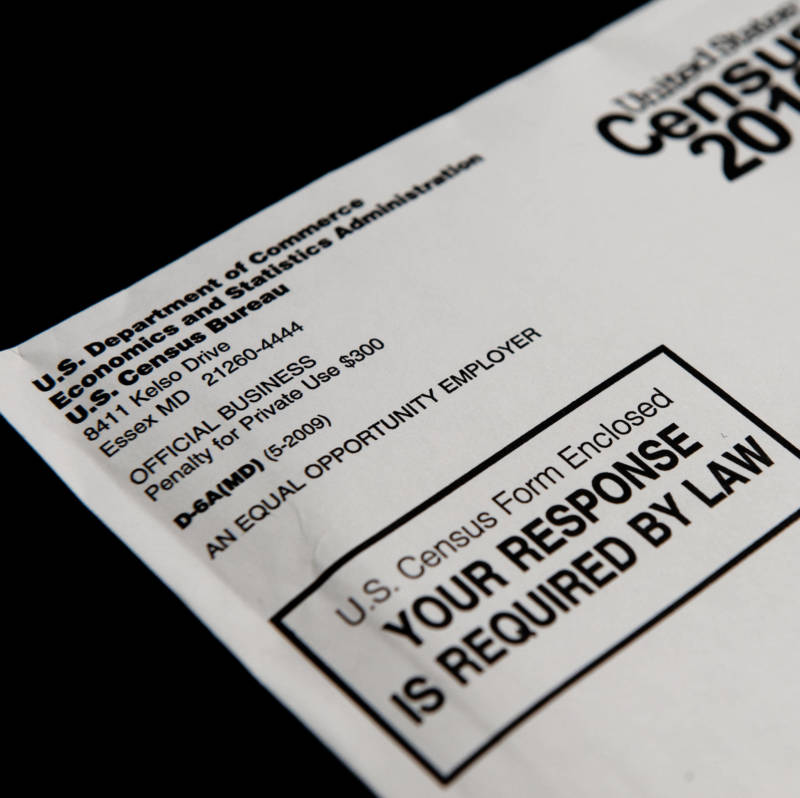A trial began Monday in federal court in San Francisco over the Trump administration's decision to add a citizenship question to the 2020 U.S. census.
Judge Richard Seeborg is scheduled to hear a week of testimony from experts and other witnesses. The judge will decide whether to allow the question.
Seeborg is presiding over lawsuits by California and numerous cities in the state that argue the citizenship question was politically motivated and would discourage immigrants and Latinos from participating in the census.
The plaintiffs say that would result in an undercount that would jeopardize their federal funding and the state's representation in Congress. Data from the census are used to determine the distribution of congressional seats to states and billions of dollars in federal funding.
The plaintiffs sued the Department of Commerce and Commerce Secretary Wilber Ross, to keep the citizenship question off the census.
Ezra Rosenberg, an attorney representing San Jose and the Black Alliance for Just Immigration, said the plaintiffs' arguments are based on 13,000 pages of administrative records and Ross' own memos.
Rosenberg called the actions by the secretary to add the citizenship question "arbitrary and capricious." He said it "violates constitutional provisions including the enumeration clause, which requires that all persons be counted."
Rosenberg said the secretary's decision was politically motivated and made despite objections from census staff scientists.
He said San Jose's large immigrant population made the city vulnerable to losing its share of "perhaps millions of dollars" in federal funding.
The U.S. Department of Justice argues that census officials take steps to guard against an undercount, including making in-person follow-up visits so that the final numbers will be accurate. Households that skip the citizenship query but otherwise fill out a substantial portion of the questionnaire will still be counted, Justice Department attorneys said in court documents.
Seeborg is the second federal judge to hold a trial on the issue. A ruling in a trial in New York that ended in November is expected soon.

